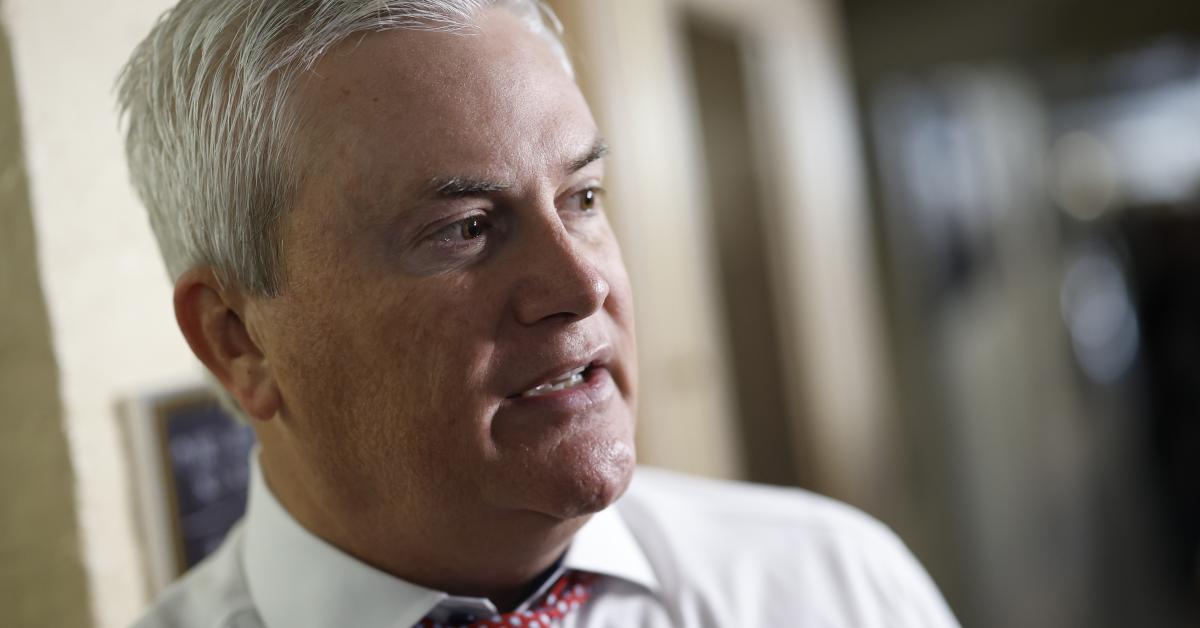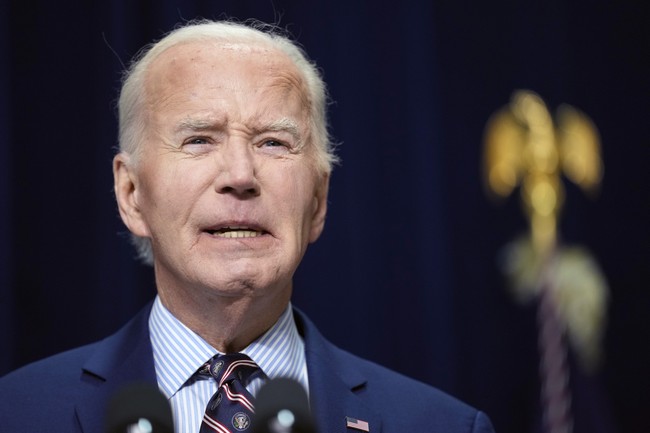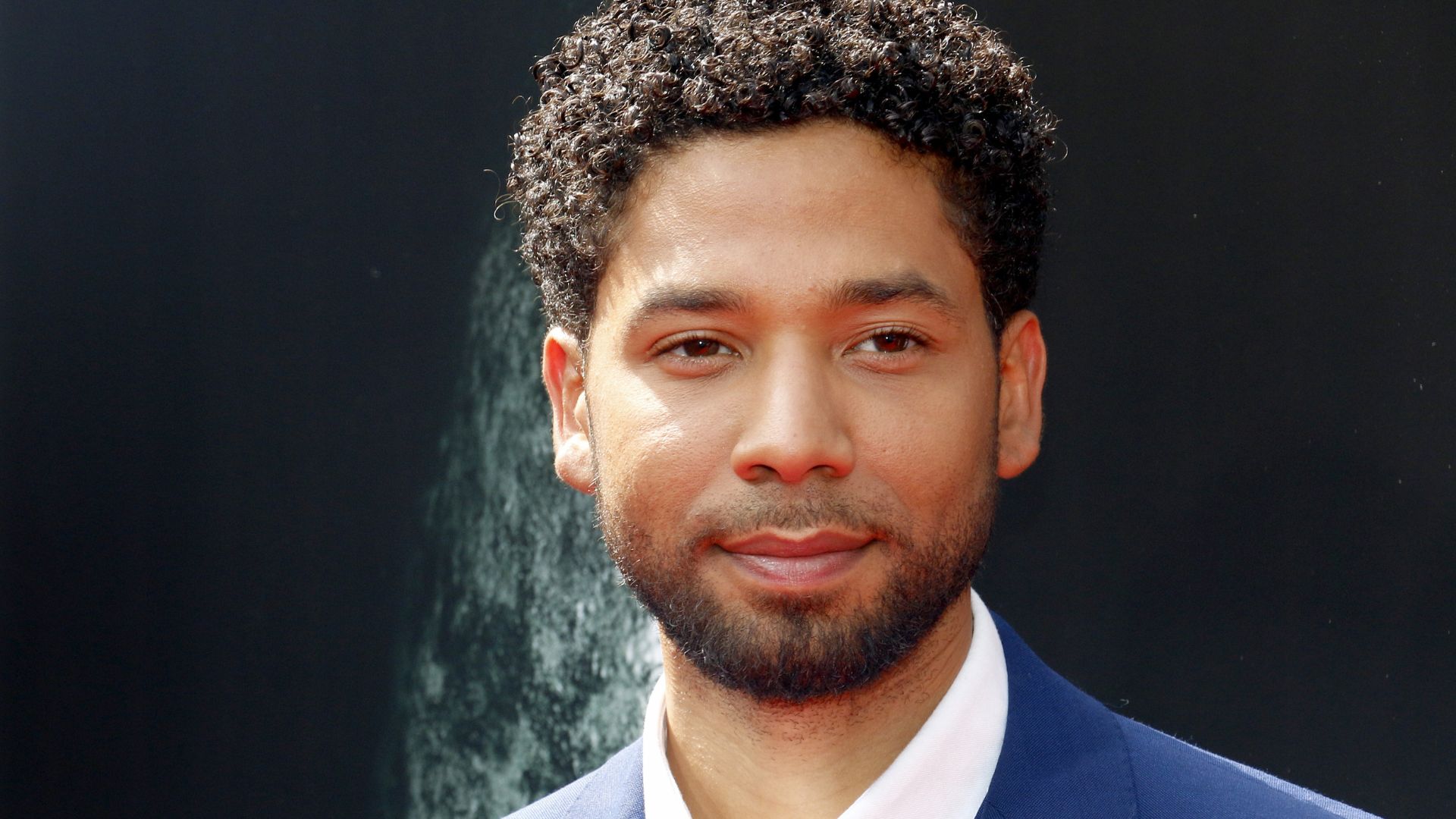The House Oversight Committee, led by Chairman James Comer, has taken a significant step by issuing a subpoena to Kevin O’Connor, who served as President Joe Biden’s physician. This move demands O’Connor’s testimony regarding what some see as a cover-up of Biden’s mental decline. The subpoena, calling for a deposition on June 27, comes after O’Connor refused a voluntary interview request.
Back in May, the Committee requested O’Connor’s appearance due to his role as the physician for former President Biden. The focus was on his February 2024 assessment, where he described Biden as “a healthy, active, robust 81-year-old male.” The Committee wanted to know if there was any effort to mask Biden’s true fitness to serve from the public.
Comer highlighted O’Connor’s connections with the Biden family, hinting at possible involvement in concealing Biden’s ability to lead. The Committee sees O’Connor’s testimony as vital to fulfilling its oversight and legislative duties. This inquiry ties into broader investigations, including the Justice Department’s examination of Biden’s use of an autopen for signing official documents like pardons.
Former President Biden addressed these concerns by calling the probe into his cognitive abilities a “distraction” orchestrated by Republicans. He confidently stated that he made all key decisions during his presidency. Biden dismissed any claims suggesting otherwise as “ridiculous and false,” as reported by NBC News.
Republicans have been vocal about their concerns over Biden’s frequent use of an autopen and have questioned his mental sharpness for over a year. They argue that this pattern raises legitimate concerns about his capacity to fulfill presidential duties. This ongoing scrutiny aligns with their broader critique of Biden’s leadership.
Conservative news outlets like Fox News and the New York Post have echoed these sentiments, stressing the importance of transparency in presidential fitness. The emphasis is on ensuring that the American people receive honest assessments of their leaders’ capabilities. This investigation underscores a commitment to holding public officials accountable.
The subpoena of O’Connor is seen as a critical move in unraveling any potential cover-up regarding Biden’s health. Republicans are determined to get to the bottom of these concerns, driven by their belief in maintaining high standards for presidential conduct. The Committee’s actions reflect their dedication to upholding these values.
Meanwhile, Biden’s supporters have brushed off the accusations, viewing them as politically motivated attacks. They argue that Biden’s long career in politics demonstrates his resilience and competence. However, the Committee remains focused on its mission to uncover the truth.
As the deposition date approaches, all eyes are on O’Connor and the insights he might provide. His testimony could either reinforce or dispel the allegations surrounding Biden’s health and decision-making. The outcome of this inquiry holds significant implications for both Biden’s legacy and the standards of presidential transparency.
The broader debate on presidential fitness continues to be a contentious issue. While some see it as a necessary examination of accountability, others view it as a partisan tactic. The dialogue surrounding these investigations reflects deeper political divides in the country.
Many Americans are watching closely, eager to see how this inquiry unfolds. The stakes are high, with potential repercussions for how future administrations handle similar concerns. The focus remains on ensuring that the highest office in the land is occupied by individuals fully capable of meeting its demands.
The House Oversight Committee’s actions are part of a broader effort to scrutinize past presidential conduct. Their dedication to this cause highlights their commitment to principled governance. Whether or not this leads to substantive findings, it serves as a reminder of the ongoing vigilance required in political oversight.
Ultimately, this situation emphasizes the importance of transparency and accountability in leadership. It raises questions about how leaders’ health and decision-making are communicated to the public. As this story develops, it will likely continue to spark discussion and debate across the political spectrum.



